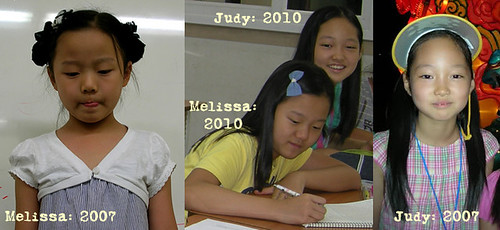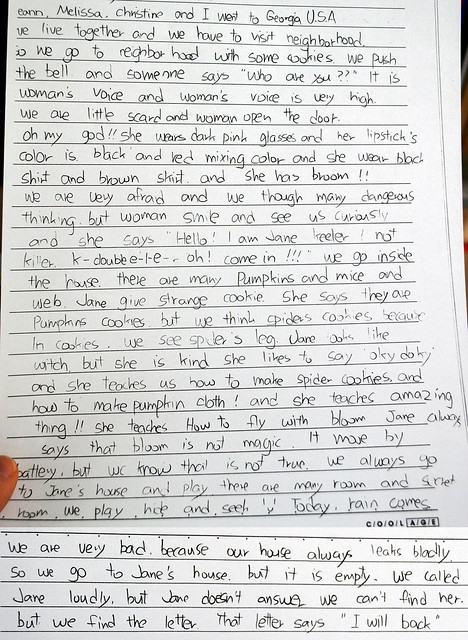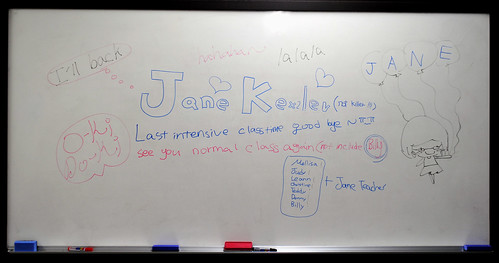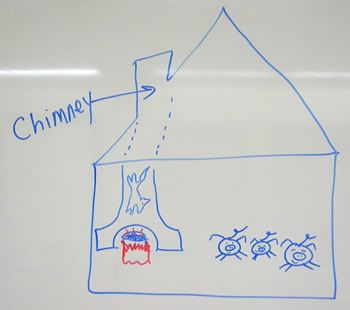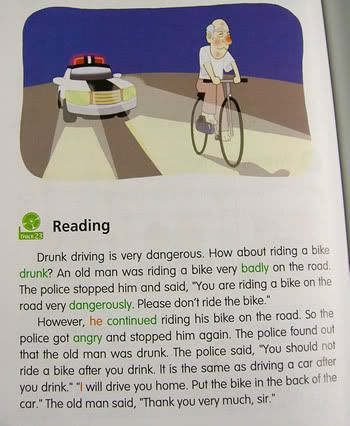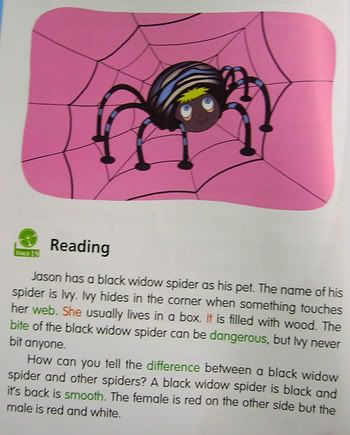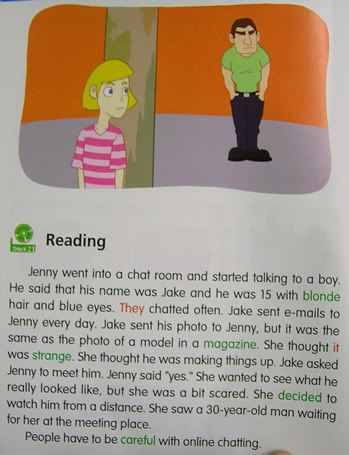I have been teaching since 2005 (except for 2009). As regular readers of this blog know, I teach English to speakers of other languages, and I have taught in Russia, Kyrgyzstan, and South Korea (where I am currently located). I teach at private, extracurricular English language schools. At my current and previous schools, my maximum class size has been 15. I’ve had classes as small as one-on-one, although my average class size is 10. I have taught students of all ages – from first graders through retirees – and I can say without a doubt that the issues a teacher faces while teaching grade school students are vastly different than those faced by those teaching university and adult classes.
At all ages and levels, the smaller the class size the greater the success of my students, but the impact of class size upon student performance is much greater among grade school classes. As much as parents want to believe that their children are little well-behaved angels who sit quietly in class focused on the teacher and the tasks at hand, in reality, even the most well-behaved, studious kids would rather chat with their friends than study if given the chance. (Seriously, think back to when you were in school - how did you act? I was a hyper-motivated straight-A student, but nonetheless, my favorite part of going to school was talking to my friends.) That doesn’t even take into account the kids who misbehave, or the kids who, for one reason or another, simply have trouble paying attention.
And of course, in addition to controlling the behavior of students in the classroom, we teachers are here to actually impart knowledge to our students. In teaching a language, student participation during class time is vital to their improvement. The larger the class, the fewer opportunities each student has to participate, and the fewer opportunities I have to assess each student’s performance. The smaller the class, the better able I am to assess each student’s strengths and weaknesses, and the better able I am to plan lessons which play to their strengths while dealing with those weaknesses. Even in a class of 14-15 students, it is most certainly possible for a weak student to hide behind the skills of his or her classmates until test day arrives. If one of my students needs help with something, I’d rather know it before I give a test. I don’t want my students to fail; I want them to learn.
Making sure all of my students are on the same page (literally and figuratively) is much more difficult with fifteen students than with ten. I cannot even imagine how it must be to work with classes of twenty or thirty. I understand that the United States has (rather belatedly) realized that perhaps operating at such a huge deficit is a bad idea. I understand that states are struggling to balance their budgets. And I understand that things have to be cut. Cutting teachers and increasing class size in order to save money is not the answer, no matter what people such as Eric Hanushek may say. And no matter how good a teacher is, he or she will be a better teacher if his or her classes are smaller.
On a related note, I started teaching a brand new class of first graders on March 2nd. They are incredibly cute. I am also their first English teacher. The class was originally first and second graders – but a huge number signed up: 15!! Trying to wrangle 15 first and second graders into doing anything at the same time was worse than trying to herd cats. Granted, I’m actually pretty good at herding cats, but still! As of today, that class has been split by grade level, leaving me with 10 first graders (Gwen took the second graders) – and it made a huge difference. I was able to be far more efficient, we did many more activities, and everyone got to participate more. Then on my break following this class, I turned on my ipod and listened to the podcast I mentioned above.
Final comment: The last time I taught in Korea (2006-2007) I started teaching a class of brand-new-to-English students in March '07; some of them are now some of the best students at the school. Here’s hoping that some of my current little rugrats follow suit!

